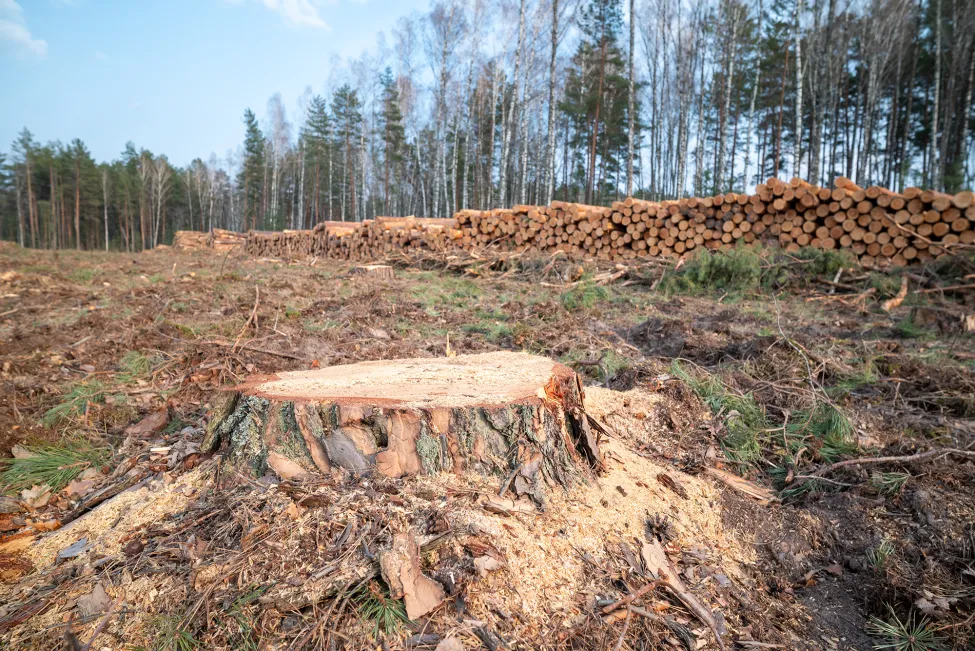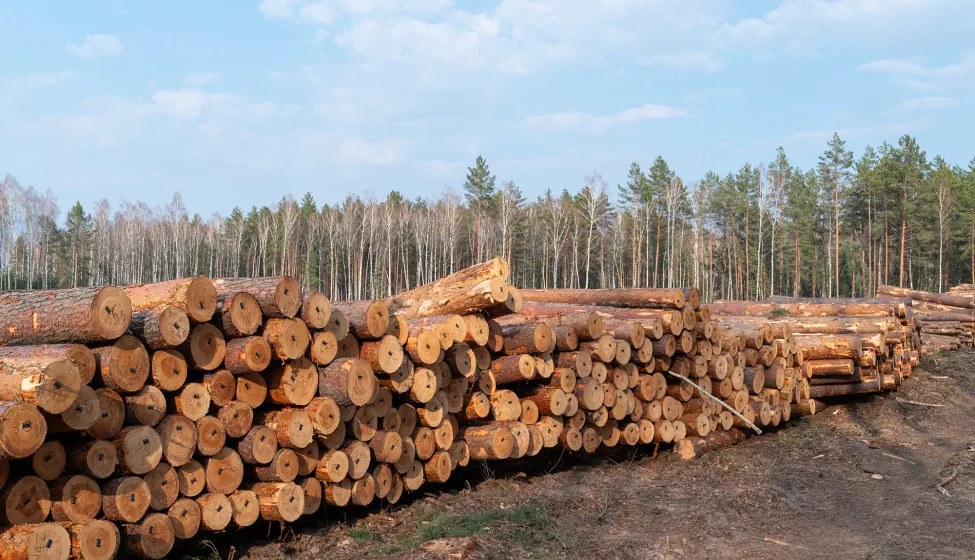November 17, 2025
The European Union's deforestation-free regulation will require traceable supply chains for seven key commodities by December 2025
On May 31, 2023, the European Union announced that all companies that sell or export select commodities will have to demonstrate that their products do not contribute to agriculturally related deforestation or forest degradation under the European Union Deforestation-free Products Regulation (EU) 2023/1115 (EUDR). The EUDR was originally slated for implementation on Dec. 30, 2024, and is currently set to become effective by the end of the year. However, if proposed changes to the EUDR are adopted, large and medium operators that first place relevant commodities and products on the EU market will have a six-month grace period to comply with the EUDR.
Failure to comply with the EUDR may result in commodities being pulled from the market, fines totaling 4% of company's total annual EU "turnover" from the previous year, bans from selling commodities on the EU market for up to a year, or more stringent due diligence requirements (Article 25).
What does the EUDR mean by 'deforestation'?
The EUDR defines deforestation as "conversion of forest to agricultural use, whether human-induced or not." Forest degradation is defined as "structural changes to forest cover, taking the form of: (a) the conversion of primary forests or naturally regenerating forests into plantation forests or into other wooded land; or (b) primary forests into planted forests." The goal of the EUDR is to reduce the EU's contribution to deforestation, biodiversity loss, and climate change associated with seven specific commodities: cattle, wood, cocoa, soy, palm oil, coffee, and rubber (EUDR summary page). The EUDR also encompasses products derived from those commodities, including leather, chocolate, and furniture.
The EUDR requires that the entire supply chain of relevant commodities and products demonstrate no or negligible contribution to deforestation or forest degradation after Dec. 31, 2020 (Article 2 [13]). To demonstrate compliance with the EUDR, companies will be expected to perform a risk assessment that evaluates the presence of forests and deforestation levels in any country where product or product parts originate, including tracing relevant materials across the entire supply chain to specific land plots (Article 10 [2b, f]). Other relevant disclosures under the EUDR include detailed descriptions of products, quantities, countries of production, supplier addresses, and compliance with local laws and regulations in production areas within the supply chain (Article 9 [1a, b, c, e, h]).

What do companies need to do to comply with the EUDR?
Under changes proposed Oct. 21, any company that first trades any of the seven listed commodities or derivatives of the listed commodities on the EU market will need to demonstrate compliance with the EUDR. The proposed amendment means that downstream operators and traders will no longer be required to perform risk assessments. While downstream operators and traders will now focus their efforts on record keeping, companies that first sell relevant commodities or products in the EU will still be expected to complete due diligence. Non-EU companies exporting relevant goods to the EU will need to provide the relevant information to their EU importer to ensure compliance with the EUDR.
The EUDR focuses on deforestation and forest degradation caused by agricultural land use (Article 2 [3]), including conversion of forests to "plantation forests" (Article 2 [11]) — e.g., most even-aged, single species working forests. Relevant commodities with complex supply chains may take longer to achieve compliance because EU-based exporters and importers who are the first to place relevant commodities and derivatives on the EU market must demonstrate that their entire supply chain meets the criteria defined in the EUDR. This may mean performing more complex risk assessments and managing more supplier information.
For commodities and products made up of parts originating from different countries such as coffee blends, more administrative and financial resources may be needed to comply with the EUDR. Annual due diligence statements must also be submitted to the EU, compelling relevant companies to maintain up-to-date information on their supply chains.
What Can We Help You Solve?
Exponent can conduct deforestation risk assessments to determine whether commodities may have contributed to deforestation and when that deforestation may have occurred. With extensive experience in product stewardship, Exponent can also help companies review supplier information to identify compliance risks and the potential for future deforestation.

Environmental & Regulatory Compliance
Rigorous analyses to help clients overcome complex environmental and regulatory hurdles and meet auditing obligations.

Consumer Products
Find Ph.D. science and engineering expertise that helps your products perform better, last longer, and operate more safely.
![[EBS] Ecological & Biological Sciences - Environmental Risk Assessment - grey heron grazing in fresh water](/sites/default/files/styles/cards_home_card/public/media/images/grey-heron-2022-01-04-23-54-37-utc%281%29_0.jpg.webp?itok=5EB0lXjA)
Environmental Risk Assessment
Risk assessments for legacy spills and contamination, potential project and product impacts, and environmental remediation support.

Environmental Permitting
Extensive support for compliance with local, state, and federal permitting requirements.

Product Stewardship
Overcome business and regulatory challenges at every stage, from research and design to disposal and recycling.

Sustainability & Climate Change
Scientific and engineering insights to improve and quantify sustainability practices and secure vital resources and assets.




